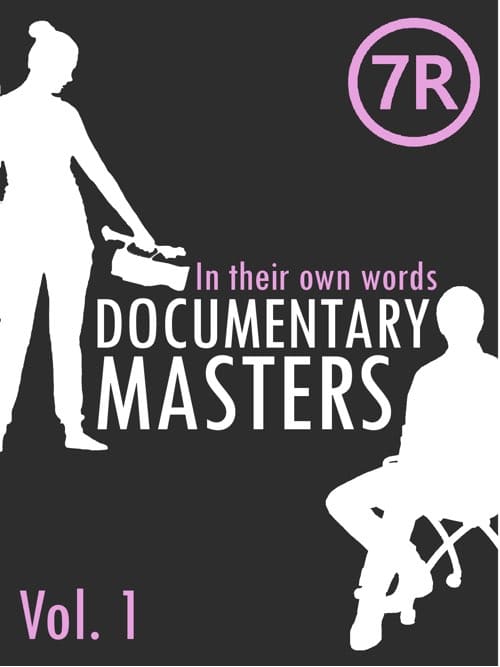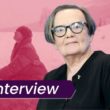Alice Diop’s documentary Nous is a portrait of Paris, told through intimate vignettes of citizens living in the suburbs.
Check out all our Berlinale coverage.
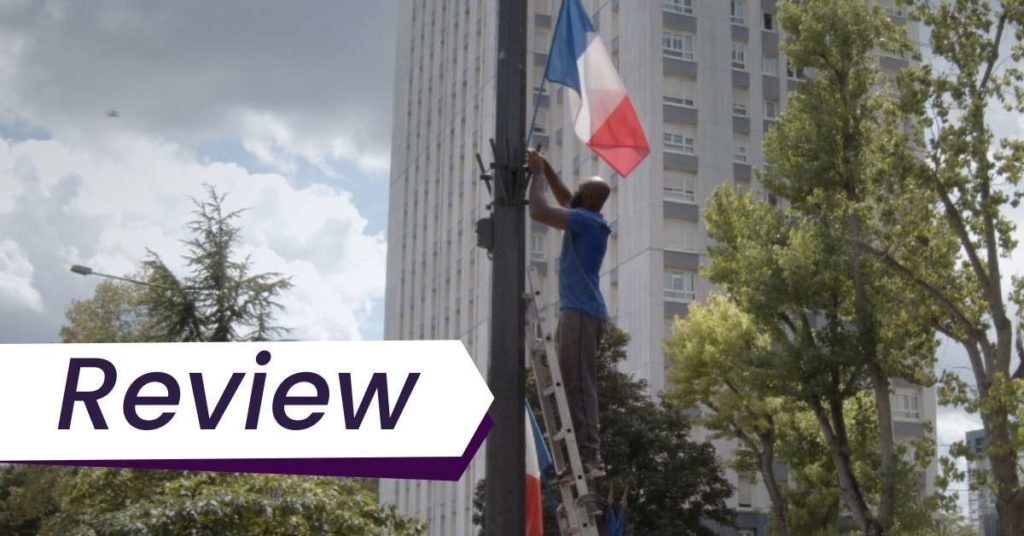
Discover one film you didn’t know you needed:
Not in the zeitgeist. Not pushed by streamers.
But still easy to find — and worth sitting with.
And a guide to help you do just that.
Alice Diop’s documentary portrait of Paris life, Nous, is an ambitious attempt to capture the essence of a city through intimate snapshots of individual lives. That bold title — Nous, or We, in English — implies that, by observing these individuals, we can understand something greater about Parisians as a whole, and Paris as an entity. In particular, Diop is concerned with drawing our attention to the city’s suburbs, and the Black and immigrant populations who live there. Near the end of the film, on camera, Diop describes her filmmaking as an “obsession to conserve the existence of ordinary lives which would have disappeared without a trace if I hadn’t filmed them.” She succeeds at capturing their warmth and humanity on film, although these empathetically observed individual vignettes don’t add up to a satisfying whole.
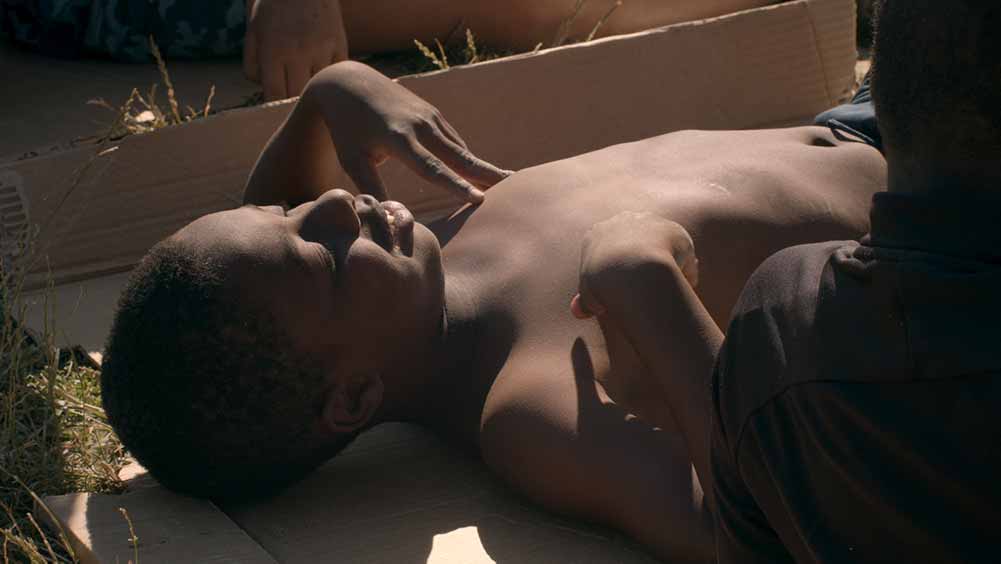
Diop captures her subjects with a relatively still camera, taking time in the edit to let us observe them and their environment so that we get to know them through their mundane actions. An early vignette follows a mechanic who is suffering a cold — Diop’s rich and detailed soundscape picks out his sniffles just as carefully as it builds the harsh, mechanical rush of a subway train later in the film. In one scene with the mechanic, Diop holds for a long time on a still frame of him sitting at a cafe, drinking coffee before starting his work day. It’s not until later in his vignette that we hear him talk about his life, first to his mother on the phone, and then in answer to Diop’s off-camera questions. From early on, we feel invested in him just through observing his daily routine.
Diop also turns the camera on herself and her family, making Nous as much a personal portrait as it is a portrait of a wider Paris community. She contrasts observational vignettes, like the one featuring the mechanic, with grainy home video footage from her own personal archives. Diop narrates these sections, sharing her own childhood memories. In one section of archival footage, she includes a clip of herself interviewing her father on camera, as well as extra footage of him silently stirring a cup of tea, and riding a train. We watch how his eyes flit about anxiously, looking anywhere but at the camera. In one shot, Diop even shoots his hands in closeup, as if telling us we can learn as much about him through his body language as through his words.
The film culminates when Diop puts herself on camera — no longer a disembodied voice, but the camera’s subject. She sits at a table with writer Pierre Bergounioux, who reads from his own work. Diop then discusses his writing with him, and speaks about how his desire to tell stories about oft-ignored people chimes with her own “obsession” with documenting the Paris suburbs. Crucially, by including herself in the film and discussing why she made it, Diop tells us that she is part of the community she is depicting, and she wants to put them on screen so that they can see their lives reflected back at them in media in a way they rarely have before. She’s not an outsider peering in, using the community to further their artistic career, and then leaving.
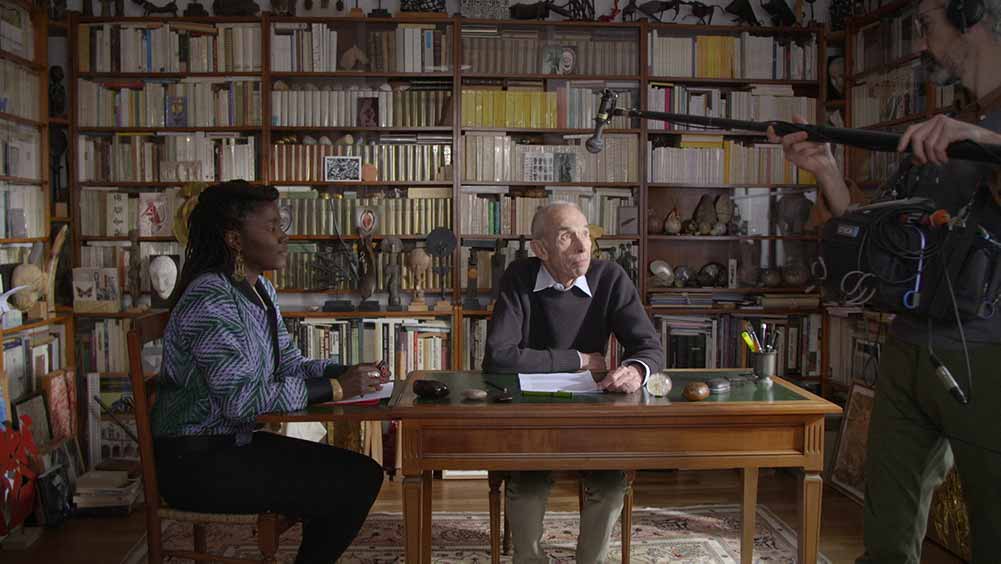
There’s an obvious comparison between Diop’s film and the work of Frederick Wiseman: both filmmakers attempt to document a place through individual portraits of the people who live and work there. Wiseman describes his editing style as “cutting at right angles,” meaning he places contrasting scenes next to each other in order to draw the viewer’s attention to the differences between them, and to keep the viewer on their toes. Diop does a bit of that in Nous. She highlights the segregation of Paris by, for example, including a scene in a train station packed with Black people, and shortly after, including a scene in a church filled entirely with white people.
However, the differences between Wiseman’s and Diop’s approaches illuminates some of the reasons why Diop’s film is less successful than, say, Wiseman’s recent City Hall, at documenting a city. Wiseman typically chooses to focus on a specific institution, rather than just a place in general — and when he does the latter, it’s smaller than a whole metropolitan city, like In Jackson Heights and Monrovia, Indiana. City Hall is a portrait of Boston, but by using the institution of the city hall as an anchoring point, Wiseman is able to build a tight argument about how Boston functions. We start at the centre — with the mayor at city hall, who makes the high level decisions about how Boston is run — and works outwards — to all the smaller institutions and people that those decisions impact. With a daunting but rewarding four and a half hour runtime, Wiseman is able to build a portrait of a city where you feel, at the end, like you know what kinds of people live there and how they’re influenced by their surroundings.
To achieve the same effect in Nous, Diop would likely need several more hours (the film is two hours long as it is) and some kind of anchoring point, like the city hall in City Hall. As is, the film is full of lovely portraits of people, but it doesn’t live up to its name by being a portrait of a larger community. We get frustratingly little context for the lives of the people on screen; are their living conditions, good or bad, specific to Paris? If so, why is that? I left the film feeling like I’d just skimmed the surface, eager to learn more about this Paris that I’ve rarely seen on screen, but frustrated at the questions Diop leaves unanswered.
You could be missing out on opportunities to watch great films like Nous at virtual cinemas, VOD, and festivals.
Subscribe to the Seventh Row newsletter to stay in the know.
Subscribers to our newsletter get an email every Friday which details great new streaming options in Canada, the US, and the UK.
Click here to subscribe to the Seventh Row newsletter.
